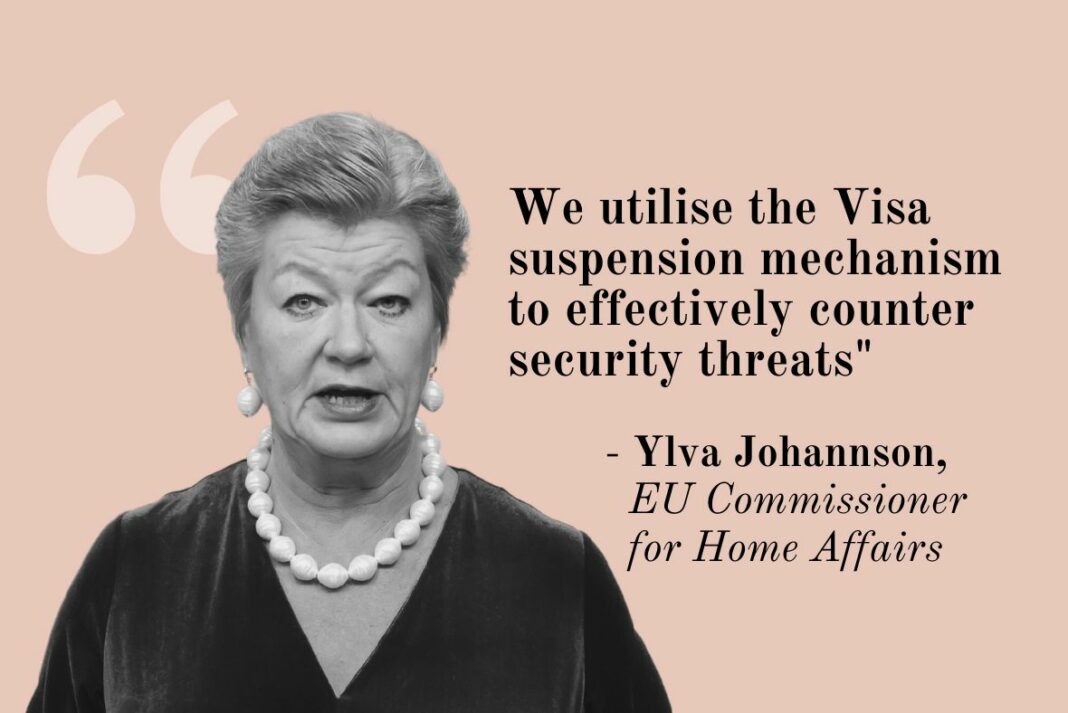An IMGW.News Report:
The European Union has decided to reinstate the visa requirement for citizens of Vanuatu, citing grave security deficiencies and vulnerabilities in the bilateral agreement that had abolished visa requirements. Vanuatu’s citizenship policies, particularly its investor programmes, have triggered apprehensions about irregular immigration and security threats to EU interests.







